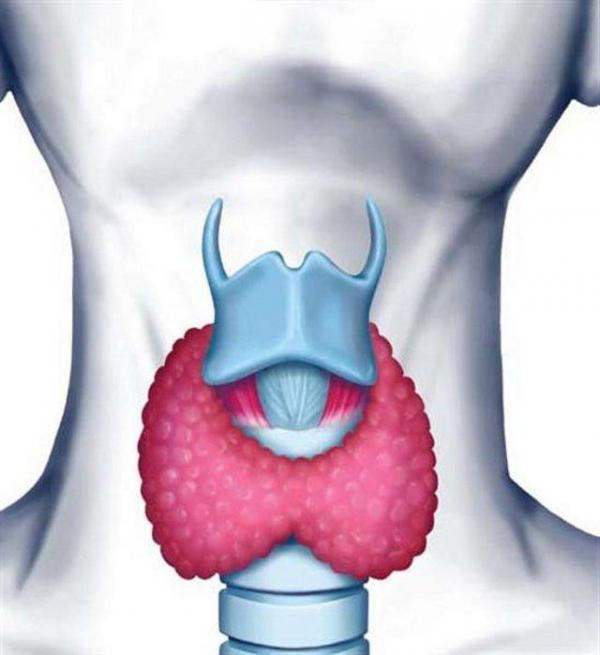What is Hyperthyroidism?
Hyperthyroidism is a condition in which the thyroid hormones increase excessively. This affects the metabolism and presents a series of symptoms and consequences that should be treated by a doctor. It is important to know all the information about this disease to be able to detect and treat it in time. In this article, we will explain what hyperthyroidism is.
What is the thyroid?
The thyroid is a butterfly-shaped gland in the lower part of the front of the neck. Glands are organs located in different parts of the body. The glands make and release hormones – substances that help the body functions and growth. The thyroid gland helps regulate body temperature, control heart rate and metabolism. This being the process that converts the food we eat into energy.
What is hyperthyroidism?
Hyperthyroidism is the clinical condition resulting from an overactive thyroid gland. This means that the thyroid produces and releases more hormones than your body needs. Thyroid hormones are active in all tissues of the body, increasing your metabolism, so the manifestations are diverse. Here we will discuss some of the classic manifestations, knowing that the diagnosis is made by laboratory tests.
What are the symptoms of hyperthyroidism?
Because the thyroid is not functioning properly, your body can experience a range of effects from this condition. Some of the most common symptoms of hyperthyroidism include:
Behavioral signs such as irritability, nervousness, restlessness, insomnia, verbiage (talking too much) and decreased ability to concentrate.
On a neuromuscular level. Distal tremor, hyperreflexia, tiredness, weakness, muscle fatigue and decreased muscle mass.
Frequent presence or intolerance to heat, hot and clammy skin, excessive sweating.
In gynecology, women may have decreased amount of blood when menstruating. They can also lose their menstrual cycle, develop infertility and suffer miscarriages.
On a digestive level. Increased appetite, weight loss, increased frequency of bowel movements (or diarrhea) and increased frequency of urination.
Sufferers show thin skin, hair loss, brittle nails, deformation of the fingers. They may also have bulging eyes, which are eyes that slightly bulge out of the eye socket.
Less frequently they may include: shortness of breath, itching, increased water intake, decreased libido, palpitations, tachycardia and palmar erythema.
Laboratory non-specific hypercalcemia, anaemia and elevation of alkaline phosphatase can be found.
What are the causes of hyperthyroidism?
There are three main causes of hyperthyroidism in the human body.
Graves’ Disease
This is a disorder in which the immune system attacks the thyroid, causing overproduction of the thyroid hormone. Graves’ disease is an inherited disease (which affects several family members) and is more frequently found in women than in men. Graves’ disease is the most common form of hyperthyroidism and represents 85% of cases. Patients with Graves’ disease have some specific characteristics. Such as the presence of diffused goiter (swollen gland), ophthalmopathy and pretibial myxedema.
Thyroid Nodules
A thyroid nodule is a lump or growth of cells (which can be cancerous or non-cancerous) in the thyroid gland. It can cause more hormones to be created than your body needs.
Thyroiditis
This is a general term that refers to inflammation (swelling) of the thyroid caused by an infection or a problem .
🔥68 Views





